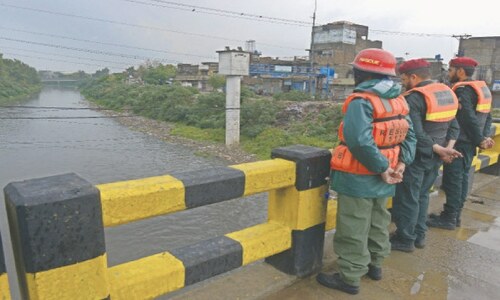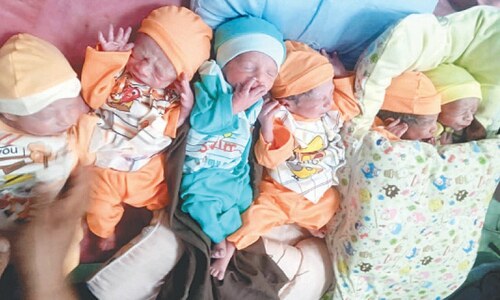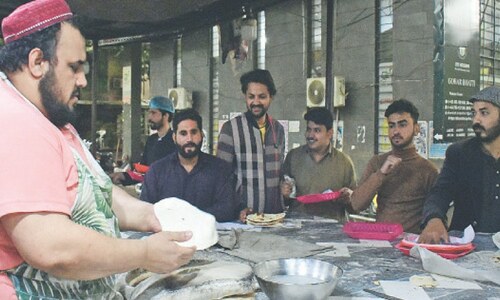ISLAMABAD: Adviser to the National Command Authority on Nuclear Power Dr Ansar Parvez has cautioned against lowering priority for nuclear energy in the power generation mix and has called for expanding its share to at least 20 per cent of the electricity generation capacity.
Dr Parvez, who has previously headed Pakistan Atomic Energy Commission (PAEC), was speaking to participants of a webinar organised by the Strategic Vision Institute (SVI) titled ‘Pakistan’s Energy Security and Role of Nuclear Technology’.
Underscoring the importance of nuclear energy, he said it should continue to play an important role in the generation mix as it was cheap, reliable and had a higher productive capacity factor.
Dr Parvez suggested increasing the share of nuclear energy in the generation mix from the current 8pc to at least 20pc.
His contention was that nuclear plants unlike most of the other generation sources are baseload plants that produce electricity at a constant rate to meet the continuous demand. “Once 20pc of your capacity is on secure baseload, you can build as many of solar, wind, and hydel plants,” he said.
Pakistan currently has an installed nuclear capacity of 2,490 MW, which would next year grow to 3,635 MW with the addition of a 1,145 MW K-3 plant. No further growth in this capacity is expected till 2030 as no other nuclear power plant is currently under construction.
He suggested that solar, wind and other renewables were being prioritised in the national planning as they are cheap.
Dr Parvez, emphasising the significance of energy planning said it has a direct bearing on economic security, environmental security and national security.
Another expert Dr Zafar Ali said Pakistan accords utmost importance to nuclear security and technology regulations as a national responsibility. Over the years, he said, Pakistan has established a comprehensive and effective national nuclear regulatory regime, which covers nuclear material and other radioactive materials and associated activities.
He said that the regulatory arrangements while preventing proliferation of weapons of mass destruction should not hamper international cooperation in the peaceful uses of technology. A non-discriminatory approach towards civilian nuclear cooperation, he added, will not only benefit the global non-proliferation regime but also help in achieving the United Nations sustainable goals.
Published in Dawn, December 15th, 2021














































Dear visitor, the comments section is undergoing an overhaul and will return soon.